Prostate cancer can bring not just physical challenges but also the overwhelming exhaustion of cancer-related fatigue (CRF). This persistent tiredness, even after treatment, can significantly affect a person’s daily life. In this blog, we’ll explore why does prostate cancer make you tired (fatigue), its impact, and holistic strategies, including insights from individuals like Madhavi Parikh, to manage and overcome this debilitating aspect of the disease.
What is Cancer Fatigue?
Cancer-related fatigue (CRF) is a persistent sense of tiredness that interferes with activities of daily living and is not relieved by adequate rest.
The prevalence of CRF can be as high as 59%- 100%. Cancer patients who have completed treatment still feel tired for one or more years after treatment, and this symptom significantly impacts one’s daily life. It is a common side effect of most cancer treatments.
Does Prostate Cancer Make You Tired?
Treatment Side Effects
Chemotherapy: Chemotherapy drugs can cause fatigue as they target rapidly dividing cells. They affect both cancerous and healthy cells in the body and lead to tiredness.
Targeted Therapy: This type of treatment aims at specific molecules involved in cancer growth, but it can also result in fatigue as a common side effect due to its impact on the body’s systems.
Radiation Therapy: Radiation can lead to fatigue as it not only targets cancer cells but can also affect healthy tissues, causing exhaustion and tiredness.
Combination Therapy: When multiple treatments like chemotherapy, radiation, and targeted therapy are used together, the cumulative effect can exacerbate fatigue, making it a significant concern for patients.
Psychological and Physiological Impact
Fatigue from prostate cancer treatments can have a profound impact on a patient’s daily life, affecting their ability to perform routine activities and impacting their overall quality of life.
The psychological toll of chronic fatigue can lead to feelings of frustration, anxiety, and depression, further complicating the patient’s mental well-being and recovery journey.
Read More: Alternative Treatment for Cancer
Adverse Effects of Prostate Cancer Treatments
Urinary Incontinence and/or Retention
Prostate cancer treatments such as surgery or radiation therapy can lead to urinary incontinence or retention, causing discomfort and impacting a patient’s daily activities and quality of life.
Bowel Issues
Some prostate cancer treatments can result in bowel issues such as diarrhea, constipation, or rectal bleeding. These problems can be challenging to manage and may require additional medical intervention.
Treatment Side Effects
Chemotherapy, targeted therapy, and hormone therapy commonly used for prostate cancer can cause various side effects, including fatigue, nausea, hair loss, and changes in appetite, contributing to the overall burden on patients’ well-being.
Emotional and Psychological Impact
Dealing with prostate cancer treatments’ adverse effects can take a toll on a patient’s emotional and psychological health. They may experience anxiety, depression, fear, or frustration, highlighting the importance of holistic support in their care journey.
How to Manage Prostate Cancer-Related Fatigue?
Incorporation of complementary and alternative modalities such as Physical exercise, Pelvic floor rehabilitation, cognitive-behavioral therapy, acupuncture, yoga, and nutritional therapy are some of the strategies that can be used to combat fatigue related to prostate cancer and its treatments.
Other Possible Causes of Fatigue
- Medication Side Effects: Some medications, including those used to treat various health conditions, can cause fatigue as a side effect. It’s essential to discuss any concerning side effects with a healthcare provider.
- Hormonal Imbalance: Fluctuations or imbalances in hormones, such as thyroid hormones or testosterone, can contribute to fatigue by disrupting the body’s energy regulation and metabolism.
- Chronic Pain: Living with chronic pain conditions like arthritis, fibromyalgia, or migraines can lead to fatigue as the body constantly expends energy to cope with and manage persistent pain.
- Depression and Anxiety: Mental health disorders like depression and anxiety can cause significant fatigue due to the emotional and cognitive strain they impose, impacting sleep quality and overall energy levels.
- Stress and Overexertion: Excessive stress or overexertion, whether physical, mental, or emotional, can deplete the body’s energy reserves, leading to fatigue and exhaustion over time
How To Prevent Cancer Fatigue with a Holistic Approach
FAQ
Are there different types of cancer-related fatigue?
Yes. There are two types of fatigue: acute and chronic. Acute fatigue is usually experienced immediately following treatment and resolves within a short time frame. Chronic fatigue persists beyond 6 months following discontinuation of treatment.
What are some of the side effects of chronic cancer-related fatigue?
Persistent fatigue can affect physical as well as mental and emotional health, such as depression, anxiety, insomnia, urinary symptoms, dysregulation in bowel function, pain, and physical deconditioning.
How can fatigue in prostate cancer be managed?
There are many ways to manage the side effects of fatigue related to prostate cancer. Regular exercise and eating a balanced diet that is low in processed and refined foods and high in fiber are two of the main ways to combat fatigue related to prostate cancer and its treatments. Support from their caregivers and medical team can also play a big part in improving quality of life.
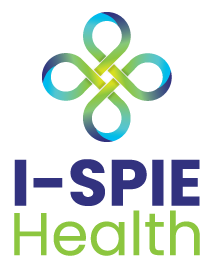
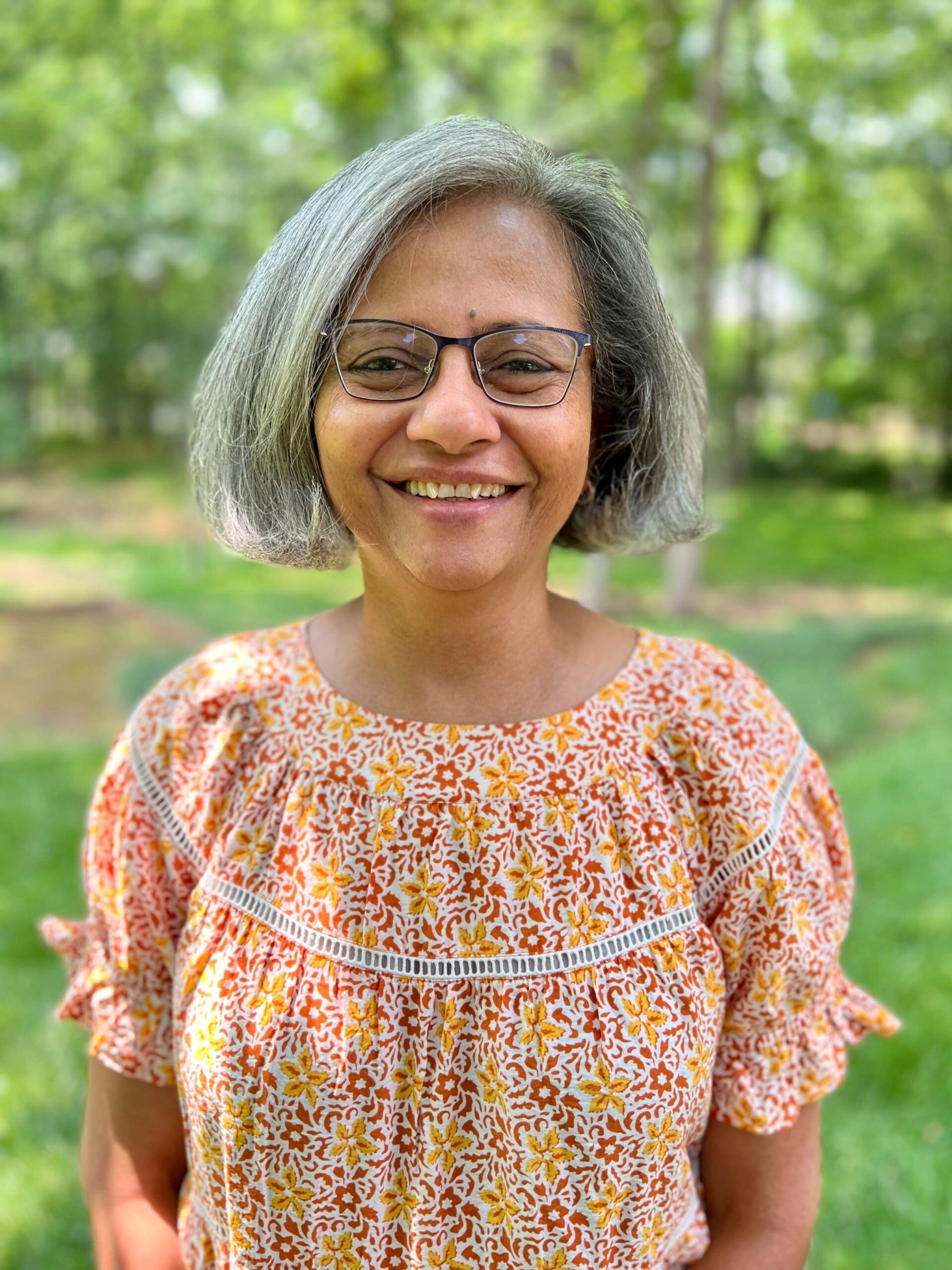
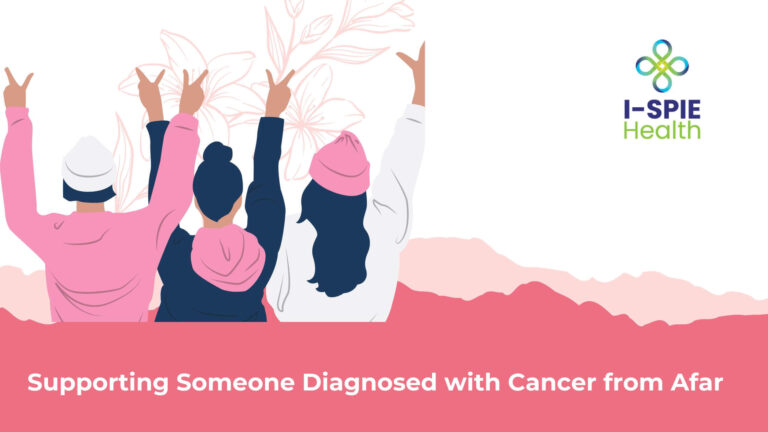
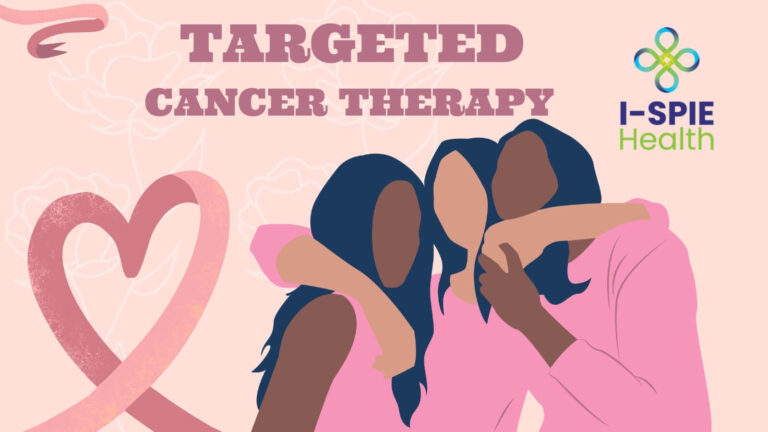
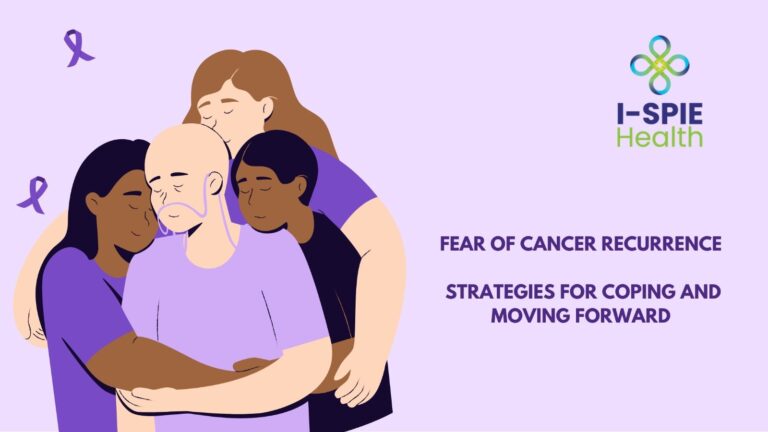
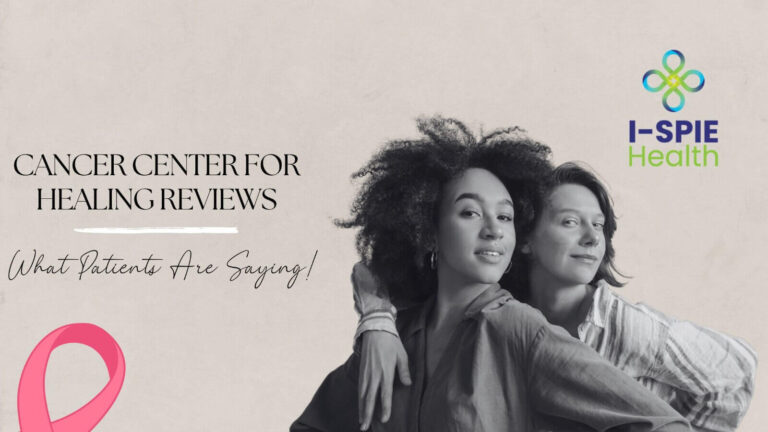
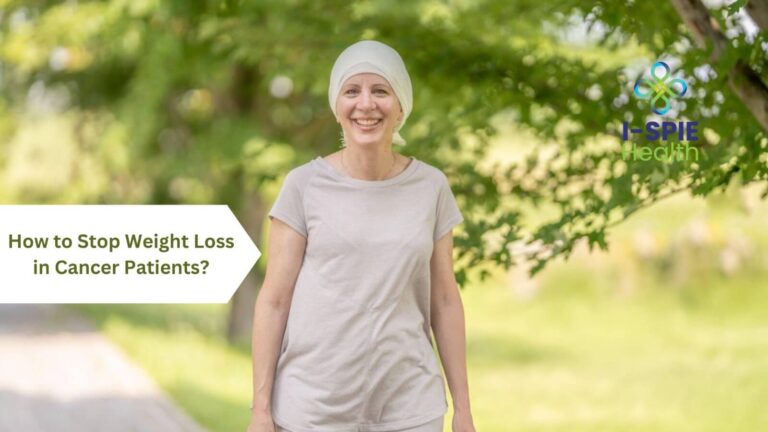
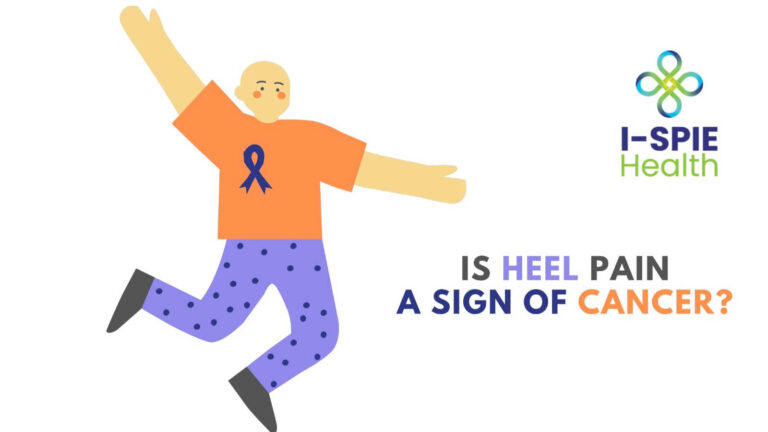
6 Comments